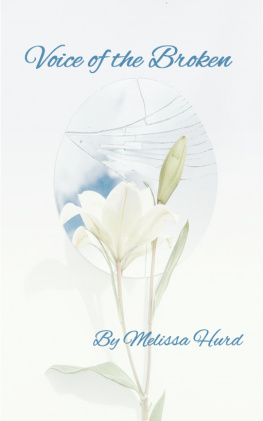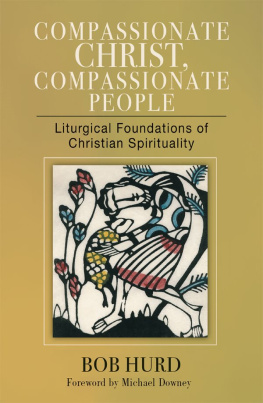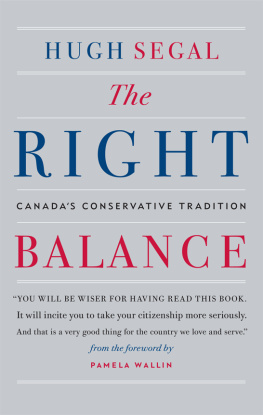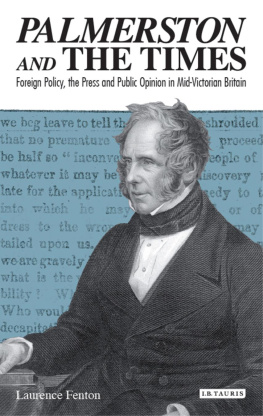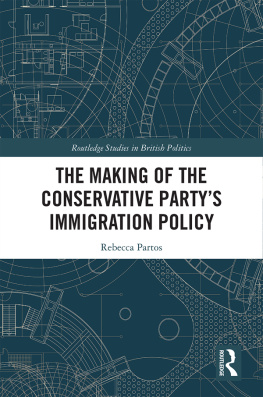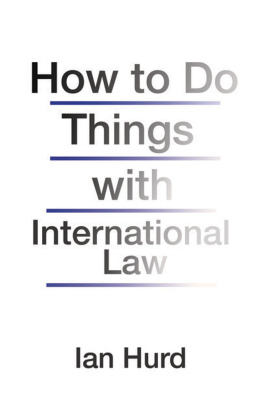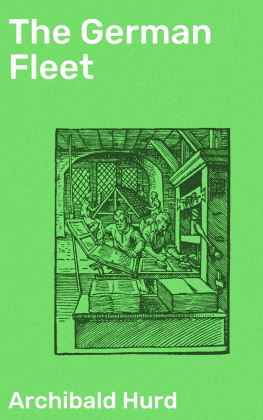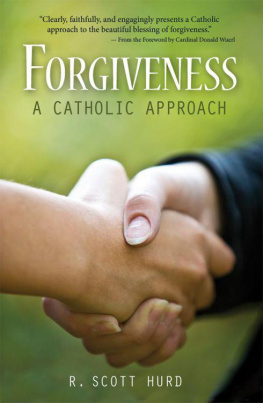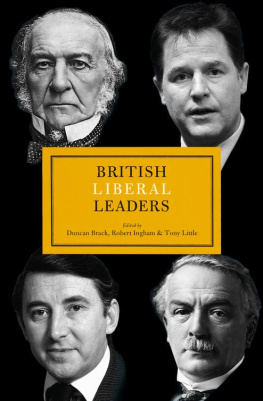Douglas Hurd has done the impossible. Together with his co-author, Edward Young, he has produced a page-turning book about the history of British foreign policy Denis MacShane, Independent
One of the great achievements of this thoughtful and elegant book is to emphasise the thread of continuity running through British foreign policy from the age of Napoleon to the cold war a book of great authority and insight Dominic Sandbrook, Sunday Times
Highly readable I enjoyed Choose Your Weapons immensely, particularly the magnificently colourful account of the Bevin and Eden years Any future Foreign Secretary would be well advised to read this engrossing book on their first day in office
Jack Straw, Observer
A highly readable fusion of archival scholarship and personal experience, mixing vivid portrayals of the personalities and private lives of their chosen protagonists with cool analysis of the policy choices they made
John Campbell, Mail on Sunday
Full of wry, unillusioned wisdom. There are some delicious apercus All Douglas Hurds characters are portrayed sympathetically, even when they fail
Bruce Anderson, Independent
That Douglas Hurd was once Foreign Secretary lends piquancy to his elegant account of that office a very canny, diplomatic book
Scotland on Sunday
This elegant examination of the contrasting strands of British foreign policy from the Napoleonic wars to the Suez debacle is an entertaining book, enriched by the insights of an experienced practitioner
Economist
Elegant, stimulating and shrewdly perceptive
Sunday Business Post (Ireland) This is a fascinating book
David Owen, Guardian
For Judy
CHOOSE YOUR
WEAPONS

THE BRITISH FOREIGN SECRETARY
200 Years of Argument, Success and Failure
DOUGLAS HURD
and Edward Young

CONTENTS
A literary partnership (this is my third) needs strong foundations. Edward Young and I had worked strenuously together on my biography of Robert Peel. We formed the habit of pooling historical ideas and impressions, a haphazard collection at first, which gained gradually in coherence and bred much fierce, enjoyable argument. We divided the writing, but each was conscious that the other stood at his elbow.
This process advanced a stage when my wife, Judy, and I went to a conference at Knowsley organised by Professor Charmley of the University of East Anglia. The theme of the conference was appeasement as a continuing strand in Conservative foreign policy rather than as a term of abuse. The hero of that occasion was John Vincent because of his brilliant editing of the diaries of Disraelis Foreign Secretary, the 15th Lord Derby. I was fascinated by Derbys intelligent but resolutely inactive approach to foreign policy, and wanted to know more.
Shortly after this, Ed Young enjoyed two years at Yale on a Mellon Scholarship from Clare College, Cambridge. He was wafted up into the heady heights of the Grand Strategy program at Yale under the benevolent gaze of veteran prophets and grand viziers such as Paul Kennedy, John Gaddis, Charles Hill and Ted Bromund. As part of that exercise, the participants enacted as triumphs of theatre their analyses and solutions to the worlds main problems. In quieter moments Ed wrote an essay about Castlereagh, Canning and the tension between their different concepts of British foreign policy.
Other influences came to bear. I had always been fascinated by Anthony Eden, who was Foreign Secretary when I joined the Foreign Service. The contrast between his successes as Foreign Secretary in 1954 and the disaster of Suez two years later still grips and cautions me today. Ed and I both read Ferdy Mounts stimulating novel, Umbrella, about the sad, mild, Lord Aberdeen, whose passion for conciliation we already knew from our work on Peel. Other fragments of knowledge and argument began to form a pattern in our minds. Some of the issues were well to the fore in public discussion as Britain and America digested the awkward lessons of the Iraq War.
It was, I think, during a visit to Saudi Arabia with a quite different agenda that we decided to pull our thoughts together into a book about eleven British Foreign Secretaries. Having divided the work, we had to immerse ourselves in a mass of already published material. Copious lists of reading suggestions came from Yale. I must in particular thank again the Library of the House of Lords for the speed and efficiency with which they gathered what I wanted, and their patience in letting me keep it until the pressure from the next customer became overpowering.
But we also needed to tackle primary material in archives, particularly to glean telling facts which previous historians had passed over, and partly to equip ourselves to make shrewder judgement of the published material. I twice visited the great archive at Hatfield and am grateful to Lord Salisbury and his archivist Robin Harcourt-Williams for their welcome and hospitality. Judy, Ed and I spent two nights at Harewood House in Yorkshire, Lord Harewood having arranged that the Canning papers could be brought there for consultation from their usual home in the West Yorkshire Archives. We are grateful to Lord and Lady Harewood for their hospitality and to Lynn Tungate, Terry Southern and the staff of the Archives for all the trouble they took in carrying out this manoeuvre. Likewise, we thank Lord and Lady Derby for putting us up at Knowsley, as well as the staff of the Liverpool Record Office, for their co-operation in guiding us through the Derby papers. The archivists at the Special Collections in Birmingham University were particularly helpful in making available what we needed from the Chamberlain and Eden papers. The Public Record Office at Kew and the British Library gave indispensable help on Edward Grey, Ramsay MacDonald and Ernest Bevin.
We need to thank many individuals for their generous cooperation: the Countess of Avon discussed with me Anthony Edens method of working, along with his distaste for jacket covers on books. Philip Bobbitt nobly agreed to have lunch with us on his birthday where he educated us about Castlereagh and the rule of World Law. Niall Ferguson also offered energy and insight over a Travellers Club lunch, while Max Hastings, Denis MacShane, Andrew Adonis, David Marquand and the Foreign Office Chief Historian, Patrick Salmon all gave wise advice at various intervals. Ted Bromund led us to fascinating material by John Kent on Bevins African ideas; Nick Humfrey was an intelligent source of help; Rebecca Jackson displayed patience, perceptiveness and fast typing skills; Martha Varney, Naomi Wiseman, Fiona Petherham and Tom Corby all clubbed in with assistance at crucial points. Meanwhile, across an ocean, Evan McCormick had subtle thoughts on Clausewitz and Thucydides. The Master of Davenport College at Yale provided Ed with a congenial apartment for his learned visit there after leaving Yale, while the Arthur Vining Davis summer research grant provided funds which helped Ed to prepare the original submission.
It was exceptionally good of Sir Michael Howard, John Jefferies of Warwick School and my son Nick to read the text for us and provide valuable, searching comment. As before, we have depended on the wise encouragement and advice of Michael Sissons, our agent, and Ion Trewin, our editor at Orion. We are in debt to the whole team at Orion, in particular Bea Hemming who took charge of much of the spadework of production and Linden Lawson who examined our text with her usual scrupulous care. We were fortunate to find in David Smith an illustrator of rare talent who turned an underlying notion of ours to good effect. We warmly thank Chatham House for their generosity, and in particular Camilla Seymour, for all her hard work in organising our launch party.


